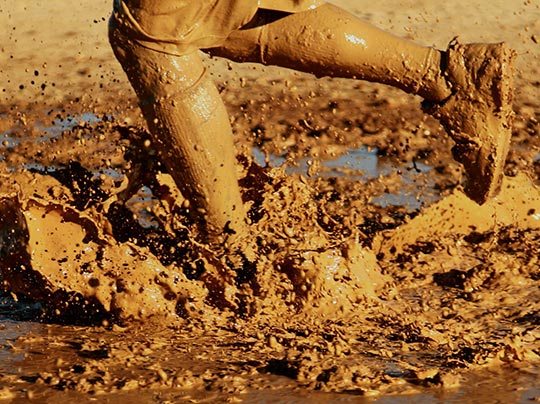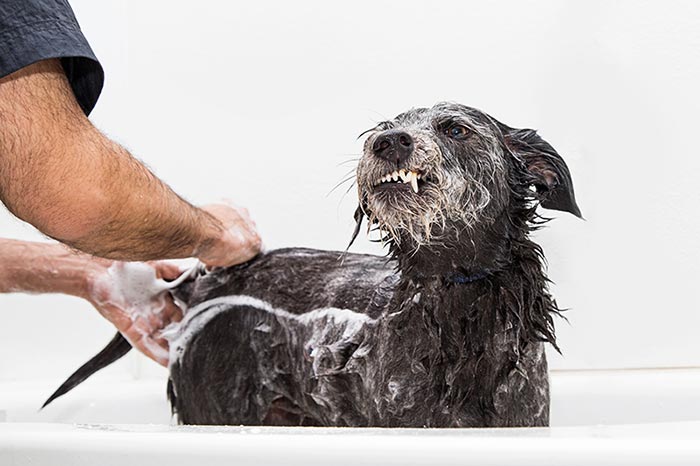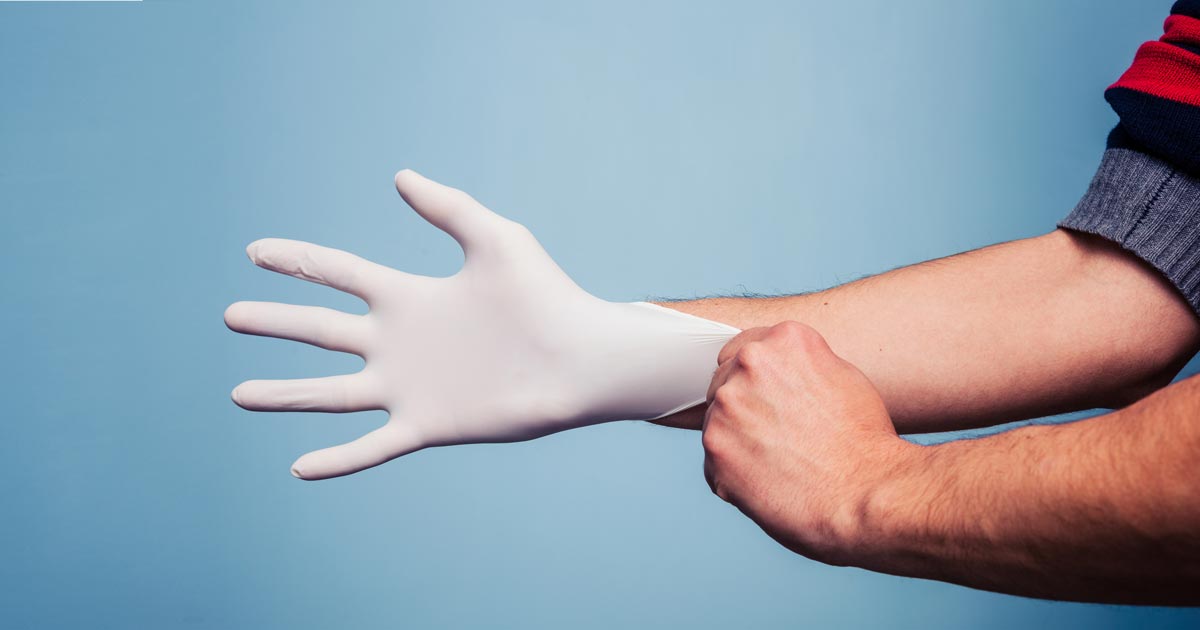Considering the massive variety of day-to-day tasks we perform as vets (social worker, diagnostician, surgeon, diplomat and so on), it’s strange the first thing people always think of when they hear we’re vets – other than to tell us how much money we earn, evidence on our payslips to the contrary – is to fixate on a single task.
“Haha, you have to stick your arm up a cow’s bum, don’t you.”
It’s a strange thing to say on a number of levels – firstly because an ever-dwindling number of us actually do this anymore, and secondly because it’s not all that bad (at least not for us… I suspect the cows have different opinions).
On the scale of nice-nasty excrement, cow faeces doesn’t rank all that badly – below horse dung and rabbit pellets, sure, but several notches above cat and dog turds (actually, the lowest-ranking, most horrible I have encountered was from a cheetah, which was basically a massive cat poo; although, obviously, fox and badger droppings are both strong contenders in the race to the bottom, if you’ll pardon the expression).
Also, you get a nice warm arm from doing it and may well be rewarded with a cup of tea for your troubles.
A real bummer
Far worse ways exist to spend your time as a vet, and if we’re going to single out a repetitive, unpleasant task to characterise the job, I’d like to suggest a new contender – emptying anal glands.

Some substances on earth smell worse than anal gland fluid (I’ve discussed a few of them) that we do not come across so often in our day-to-day lives – that awful tangy fishy-turdy smell will possibly be the last thing that crosses my mind before my brain ceases to function.
Anal gland fluid ranges from liquid dark brown juice to light brown chunky gunk (depending on the mix of ceruminous glands and sebaceous glands, apparently – I have learned this at an embarrassingly late stage in my career).
But both smell just as bad as each other, and have a tendency to end up just about anywhere when squeezed at high pressure through a narrow tube.
I have variously managed to get anal gland fluid on:
- the walls
- every item of my clothing (this is the reason I stopped wearing ties at work)
- clients
- clients’ children
- my hair
- my nose
- my mouth
I have spent many mornings with that awful smell following me around, but with the offending droplet remaining elusive.
Sting in the tail

Those flipping glands don’t provide many benefits to domestic dogs and cats, and cause nothing but trouble.
Impacted anal glands and anal gland abscesses must be incredibly painful; they’re certainly not much fun to treat – not to mention the unnecessarily aggressive anal sac adenocarcinoma.
My heart always sinks when I see one of the those nasty little suckers staring up at me from my microscope. Why would such a pointless tissue produce such a horrible malignancy?
Anal glands are the tax bill of canine anatomy – unwanted and extremely unpleasant, but return every day to deal with all over again.
Perhaps, rather than attempting increasingly elaborate ways to turn dog and cat faces inside out, breeders could focus their attention on producing pets that don’t have these horrible glands.
Express yourself…?
Human doctors have many different problems to deal with in their jobs, but if I were a GP, I’d spend every night thanking the heavens humans don’t have anal glands. Imagine booking an appointment to get your glands done. Would you get your partner to do it for you? Would you try to express them yourself? The whole situation doesn’t bear thinking about.
Never mind cows’ bums – anal glands are the first thing people should think when they want to feel sympathetic about our jobs. The world would be a happier, more fragrant place without them.

Leave a Reply